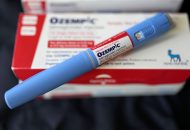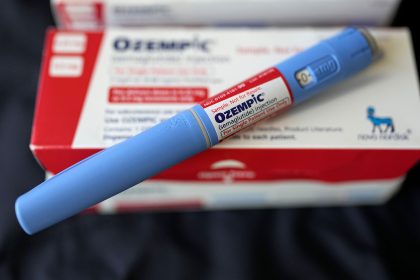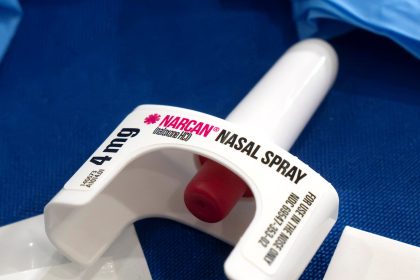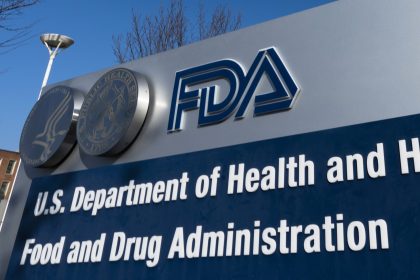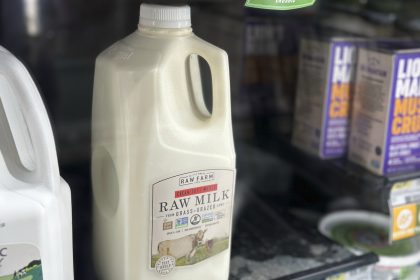Mammograms Should Start at 40 to Address Rising Breast Cancer Rates at Younger Ages, Panel Says
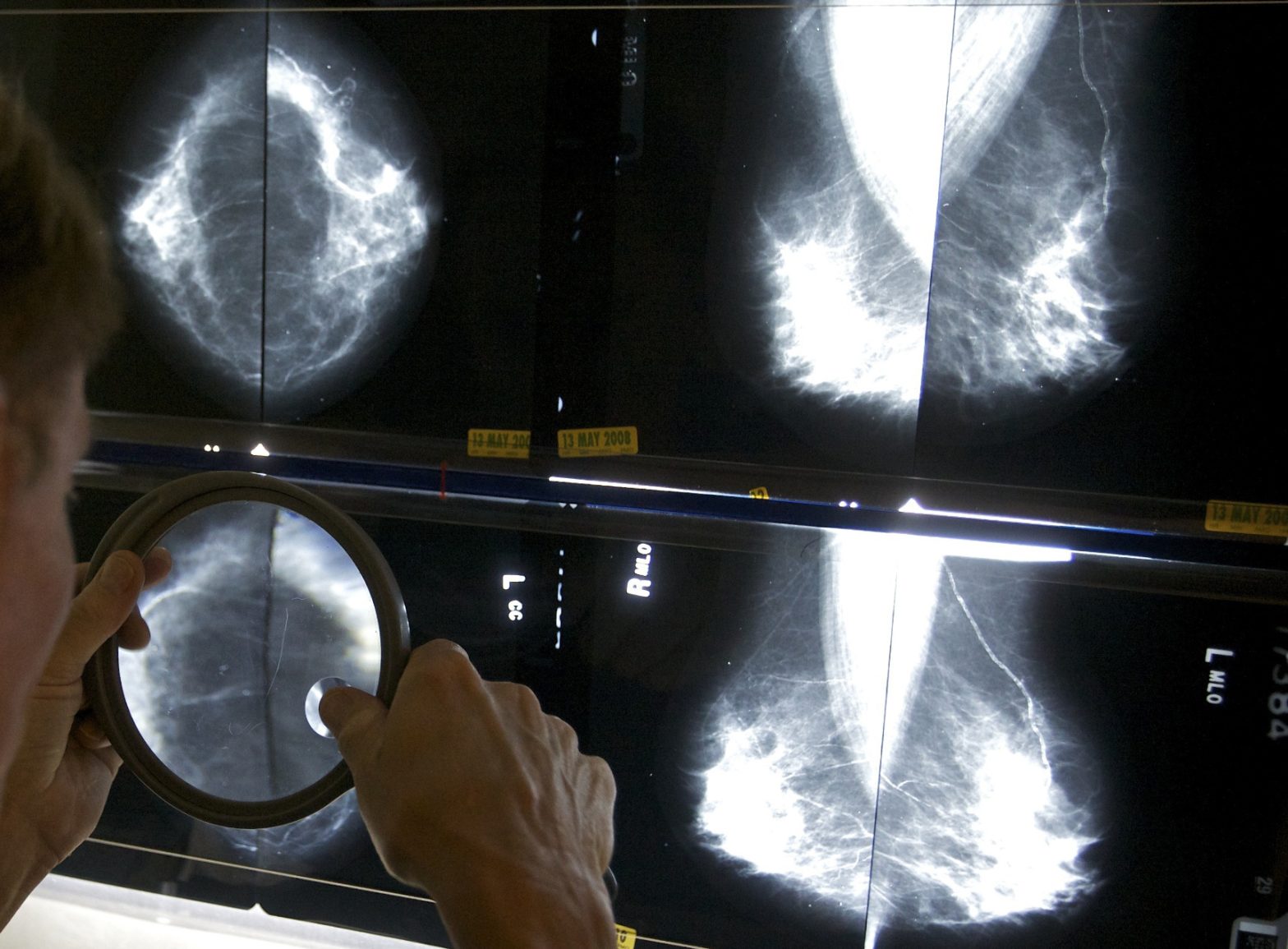
Regular mammograms to screen for breast cancer should start younger, at age 40, according to an influential U.S. task force. Women ages 40 to 74 should get screened every other year, the group said.
Previously, the task force had said women could choose to start breast cancer screening as young as 40, with a stronger recommendation that they get the exams every two years from age 50 through 74.
The announcement Tuesday from the U.S. Preventive Services Task Force makes official a draft recommendation announced last year. The recommendations were published in the Journal of the American Medical Association.
“It’s a win that they are now recognizing the benefits of screening women in their 40s,” said Dr. Therese Bevers of MD Anderson Cancer Center in Houston. She was not involved in the guidance.
Other medical groups, including the American College of Radiology and the American Cancer Society, suggest mammograms every year — instead of every other year — starting at age 40 or 45, which may cause confusion, Bevers said, but “now the starting age will align with what many other organizations are saying.”
Breast cancer death rates have fallen as treatment continues to improve. But breast cancer is still the second-most common cause of cancer death for U.S. women. About 240,000 cases are diagnosed annually and nearly 43,000 women die from breast cancer.
The nudge toward earlier screening is meant to address two vexing issues: the increasing incidence of breast cancer among women in their 40s — it’s risen 2% annually since 2015 — and the higher breast cancer death rate among Black women compared to white women, said task force vice chair Dr. John Wong of Tufts Medical Center in Boston.
“Sadly, we know all too well that Black women are 40% more likely to die from breast cancer than white women,” Wong said. Modeling studies predict that earlier screening may help all women, and have “even more benefit for women who are Black,” he said.
Here are more details on what’s changed, why it’s important and who should pay attention.
WHEN SHOULD I GET MY FIRST MAMMOGRAM?
Age 40 is when mammograms should start for women, transgender men and nonbinary people at average risk. They should have the X-ray exam every other year, according to the new guidance. Other groups recommend annual mammograms, starting at 40 or 45.
The advice does not apply to women who’ve had breast cancer or those at very high risk of breast cancer because of genetic markers. It also does not apply to women who had high-dose radiation therapy to the chest when they were young, or to women who’ve had a lesion on previous biopsies.
WHAT ABOUT WOMEN 75 AND OLDER?
It’s not clear whether older women should continue getting regular mammograms. Studies rarely include women 75 and older, so the task force is calling for more research.
Bevers suggests that older women talk with their doctors about the benefits of screening, as well as harms like false alarms and unnecessary biopsies.
WHAT ABOUT WOMEN WITH DENSE BREASTS?
Mammograms don’t work as well for women with dense breasts, but they should still get the exams.
The task force would like to see more evidence about additional tests such as ultrasounds or MRIs for women with dense breasts. It’s not yet clear whether those types of tests would help detect cancer at an earlier, more treatable stage, Wong said.
DOES THIS AFFECT INSURANCE COVERAGE?
Congress already passed legislation requiring insurers to pay for mammograms for women 40 and older without copays or deductibles. In addition, the Affordable Care Act requires insurers to cover task force recommendations with an “A” or “B” letter grade. The mammography recommendation has a “B” grade, meaning it has moderate net benefit.
___
The Associated Press Health and Science Department receives support from the Howard Hughes Medical Institute’s Science and Educational Media Group. The AP is solely responsible for all content.













